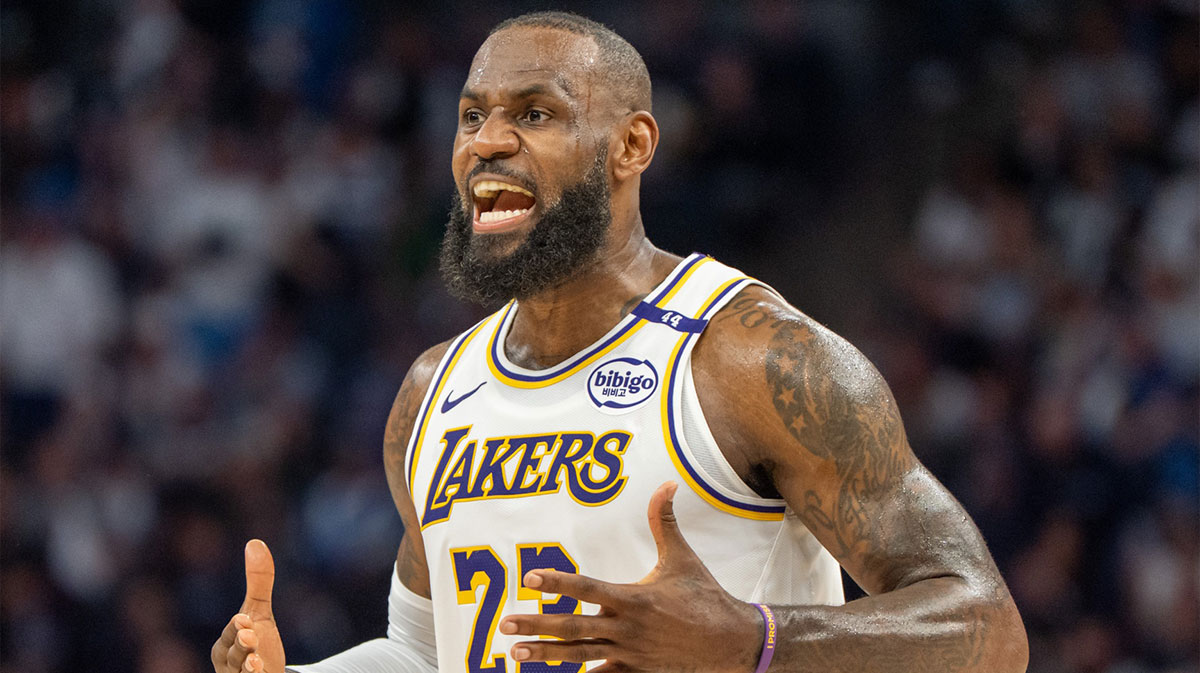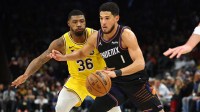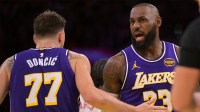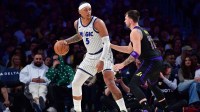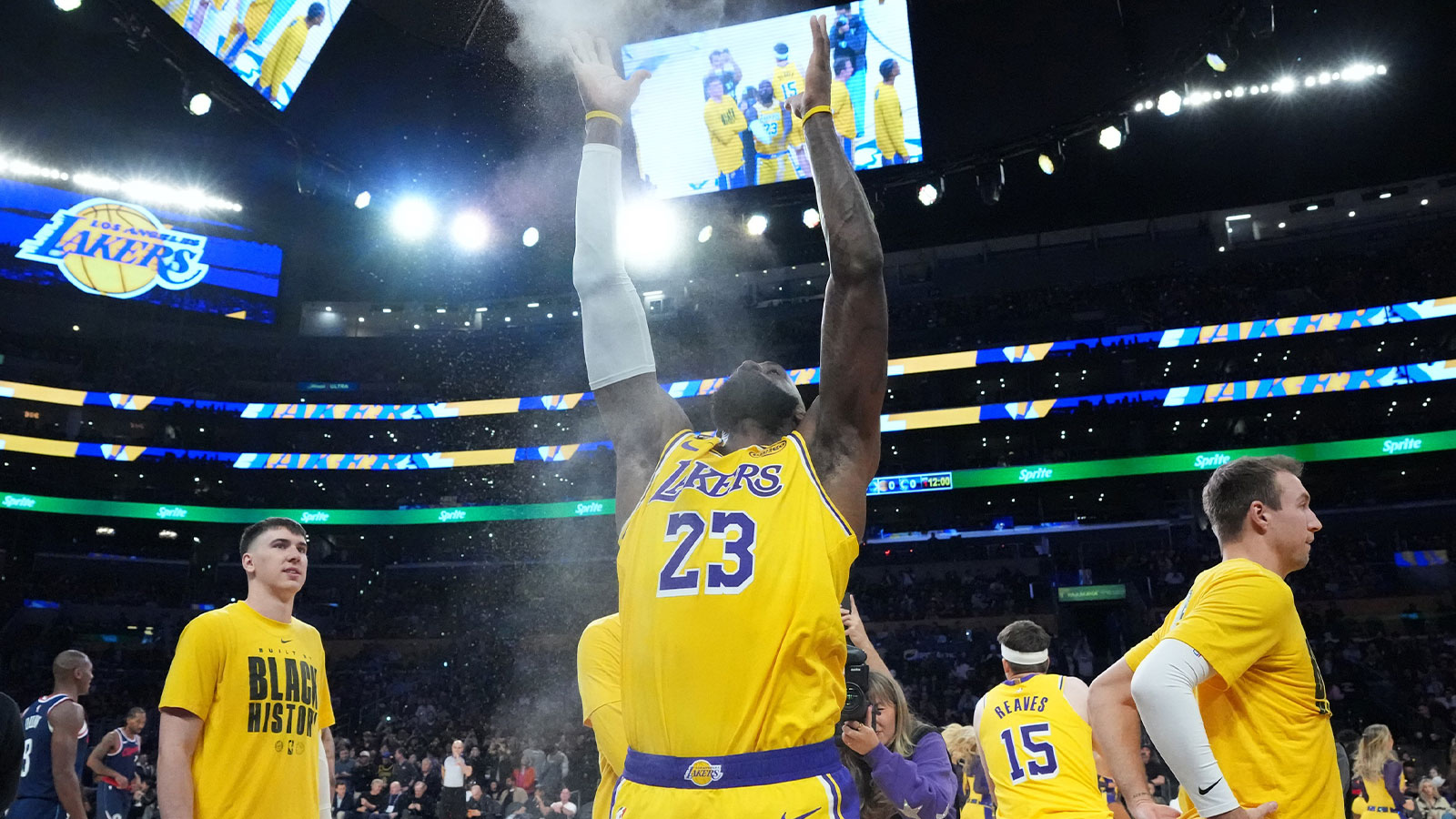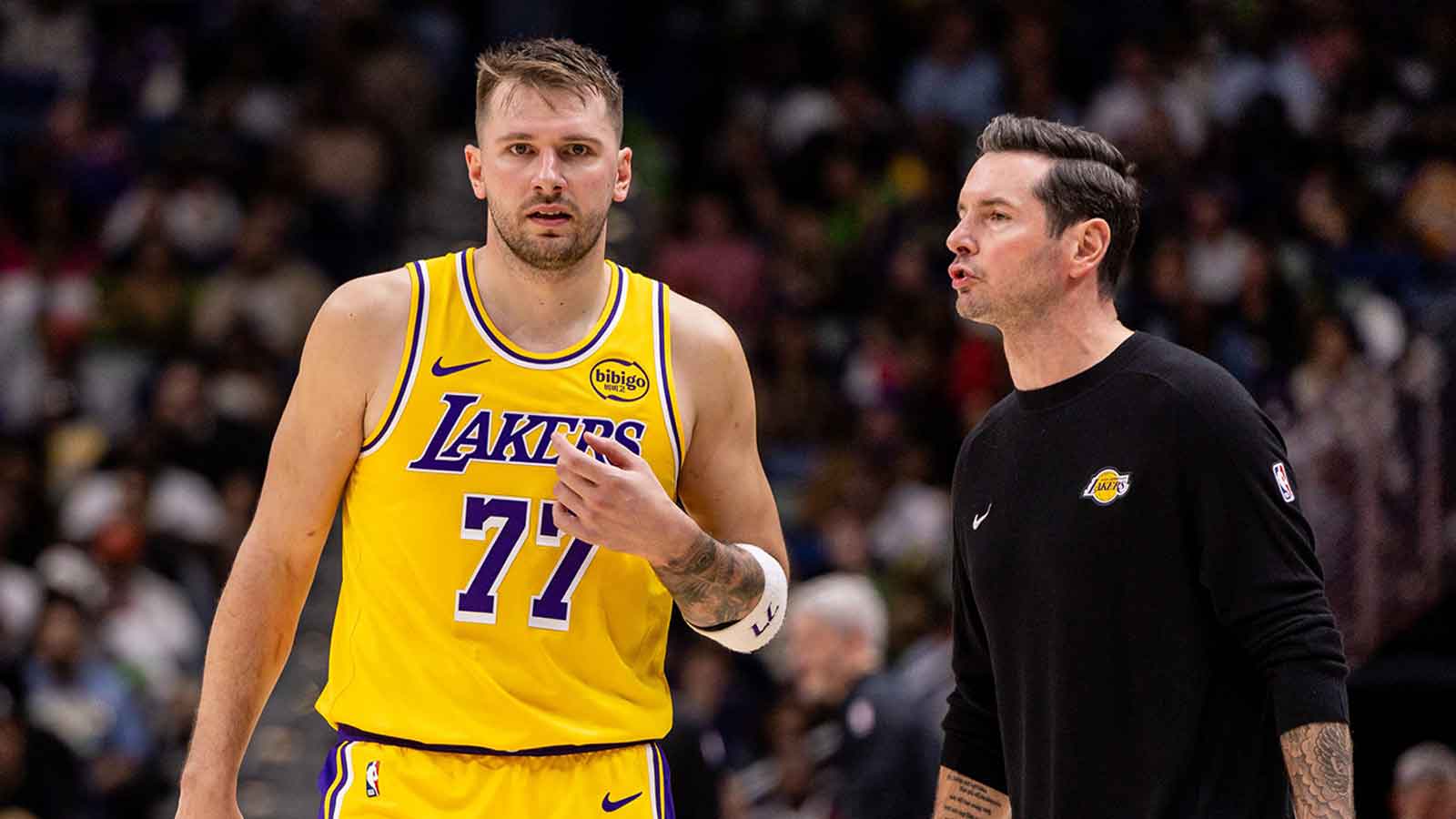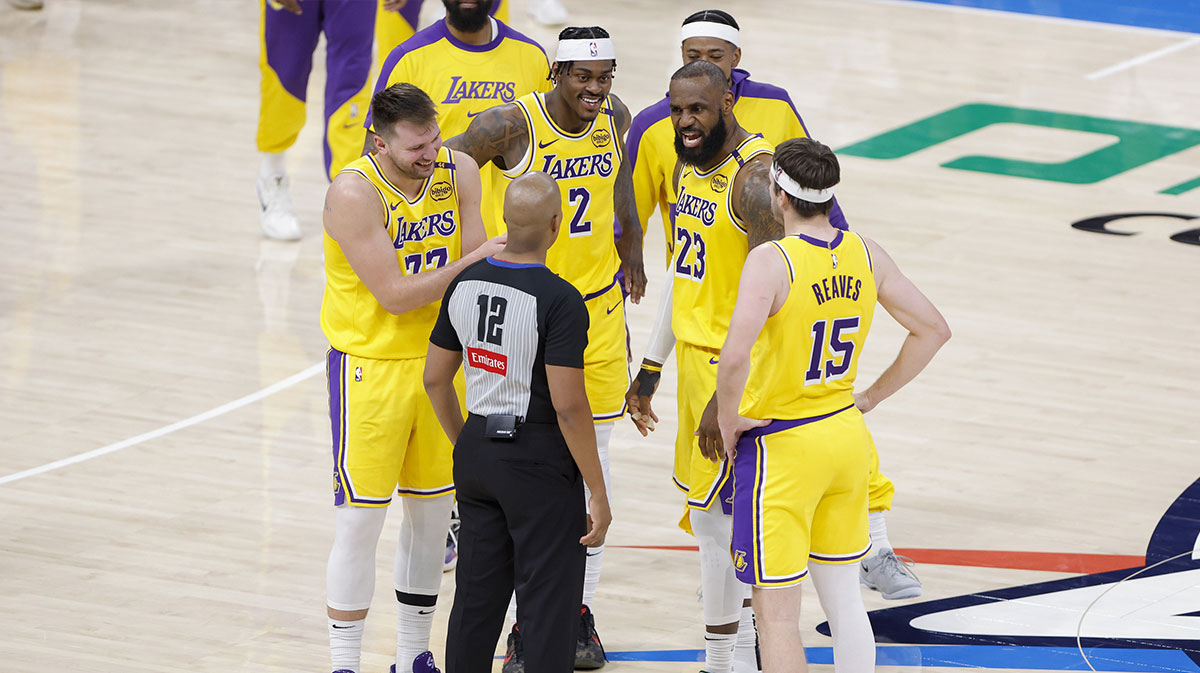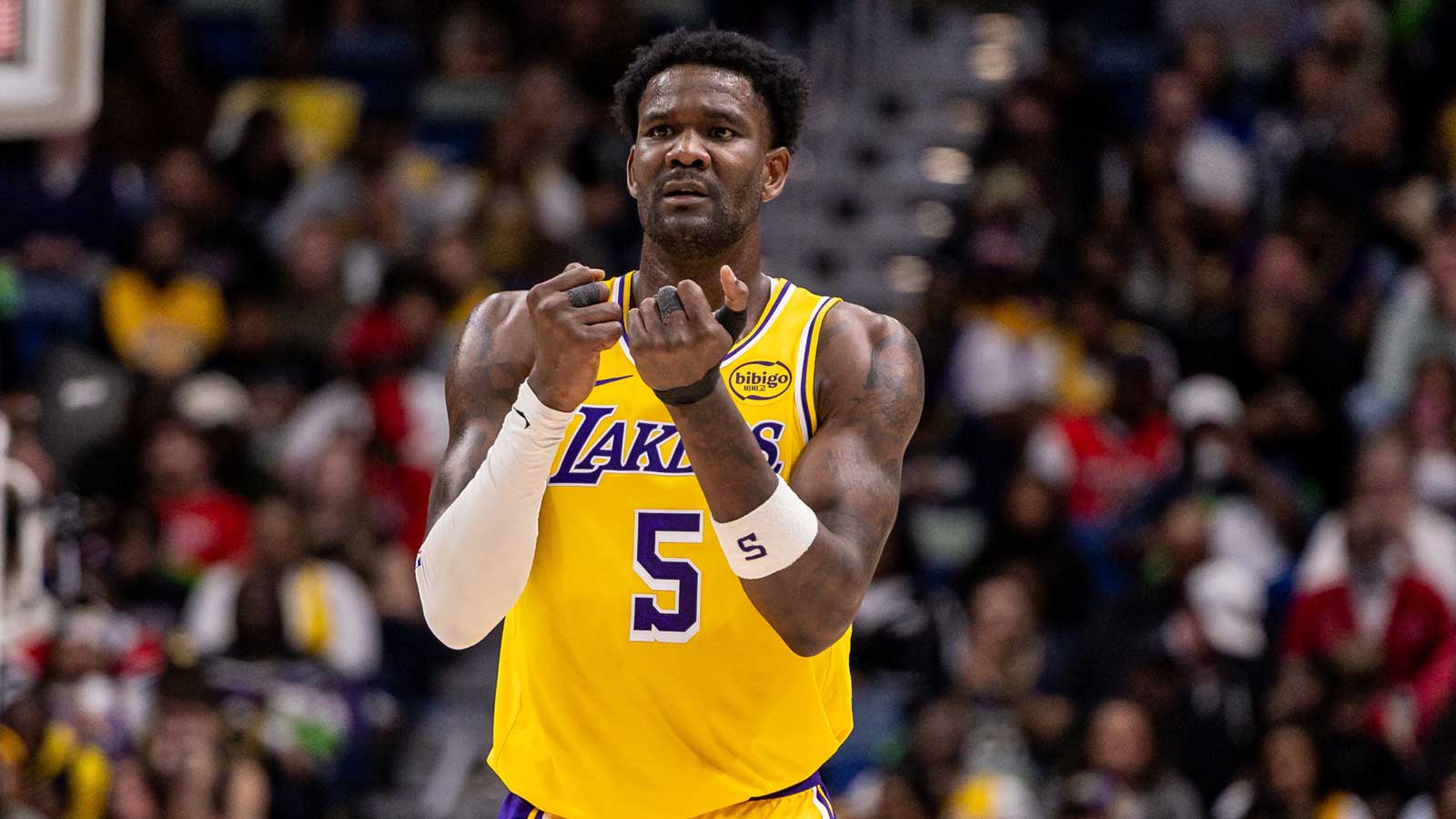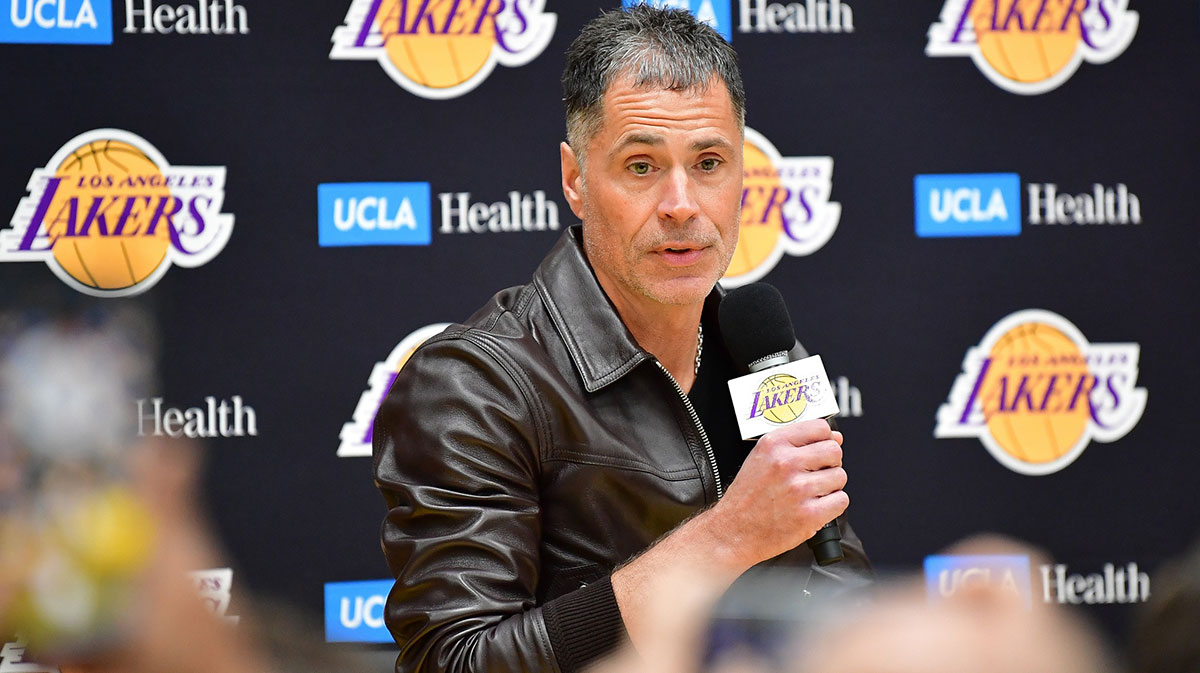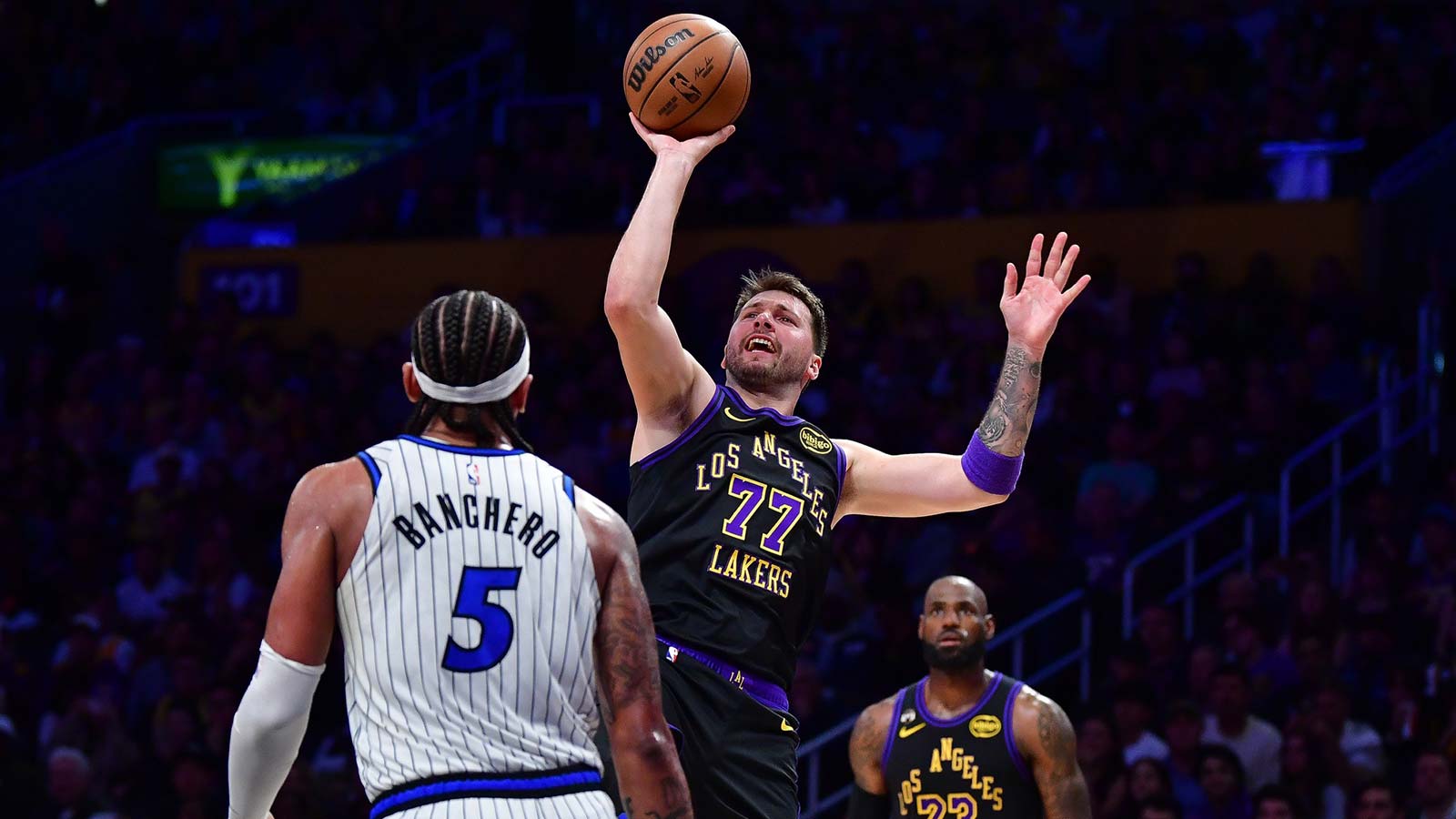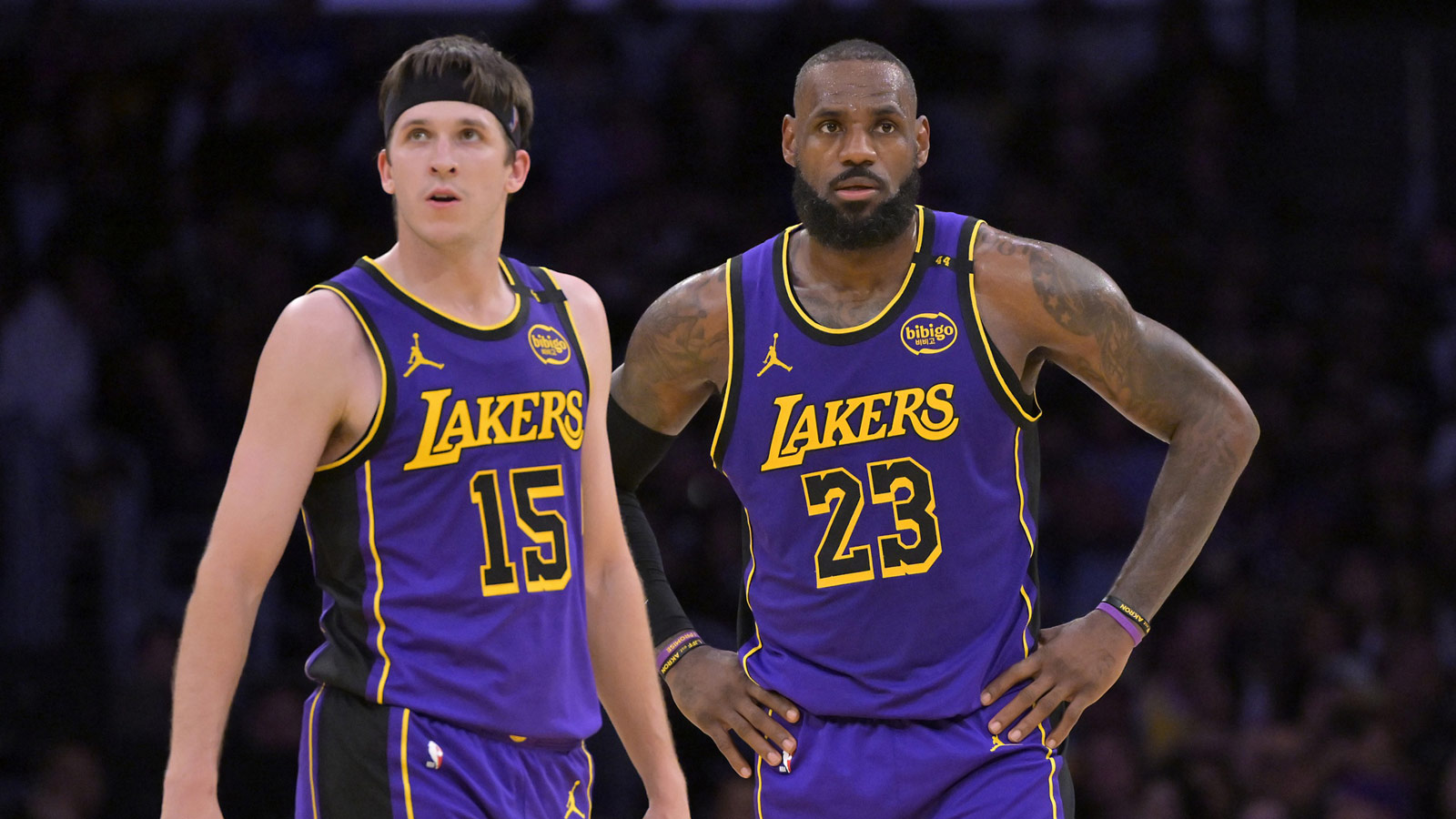The Los Angeles Lakers find themselves in desperation mode as their first-round NBA Playoffs series shifts back to Crypto.com Arena, and they're a loss from elimination. They find themselves in this spot because Rob Pelinka, Jeanie Buss, and the rest of the organization's leadership made the decision to ride out the string with LeBron James and Anthony Davis without investing further into that core.
Lakers coach JJ Redick reached such desperation Sunday that he played only five players in the second half of Game 4 against the Minnesota Timberwolves, which Lakers Hall of Famer Magic Johnson criticized Redick for.
Now, before people overreact to the headline, this isn't to say Pelinka shouldn't have made the Luka Doncic trade. That was clearly the right move, especially at that price, and you make that deal 101 times out of 100. The problem is how ill-prepared the Lakers were for competing at the level they now need to after teaming up Doncic and James.
Before this season, Pelinka spoke at length about internal investment and growth with an eye on the future. Hiring JJ Redick, who had literally never coached before, was a move in this direction, too. The organization was clearly transitioning away from James and Davis and wanted to keep their powder dry for when one or both moved on.
Lakers refused to support Anthony Davis' requests
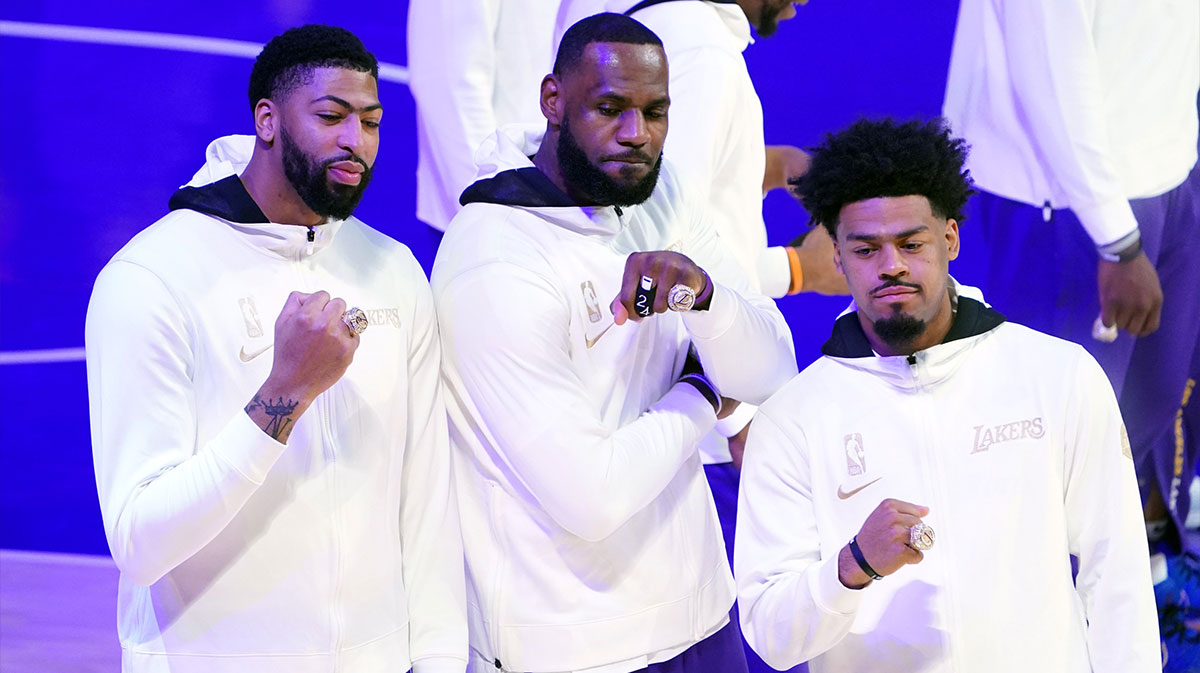
For years, Davis requested more depth at the center position so as to spend less time there. The Lakers balked for the entire final chapter of his time in L.A. and rotated a band of veteran minimum swings and misses with the final result being this farce of a center rotation.
During her press tour for “Running Point,” Buss even cited Davis' demand for a center as part of the reason they were ready to move on.
Heading into a postseason with only Jaxson Hayes as the extent of your even marginally playable traditional centers is remarkably dumb. Pelinka knew this and, after acquiring Doncic, quickly pivoted to using Dalton Knecht and draft capital to bring in Mark Williams, who, unfortunately had the back of a 53-year-old father of seven.
Thing is: By so quickly acting and acquiring a center, Pelinka gave up the goose.
If he'd always been willing to trade Knecht (who hasn't played a second in this series) in a trade to bring in more center help, he wouldn't have had to limit his choices and the timing to a point where Williams' failed physical landed the Lakers in a spot where their only center is only trusted by Redick to play a handful of minutes in a crucial playoff game.
Center isn't the Lakers' only sore spot
The Lakers' problems don't stop at the center position, either.
For years, Pelinka's infatuation with scoring combo guards took a championship roster filled with two-way talents, physicality and athleticism and stripped it of that identity almost altogether.
Pelinka traded Danny Green for Dennis Schroder and also traded Kyle Kuzma and Kentavious Caldwell-Pope for Russell Westbrook. Pelinka allowed Alex Caruso to walk in favor of Talen Horton-Tucker.
It wasn't until Pelinka finally traded D'Angelo Russell for Dorian Finney-Smith that they took a step back in that direction and the impact was immediate, as Redick has admitted, too. Even with Finney-Smith, though, the Lakers waited until his price fell below a first-round pick and then acted.
The thing about two-way athleticism in the NBA is, it's not going to be cheap. You can maybe eventually get it at a discount, but we've seen Finney-Smith's athletic slippage impact his ability to stay in front of anyone in this series. The Lakers are not only smaller compared to the Wolves, but they're slower, too. That's a disastrous combination.
Lakers have lack of athleticism
Had Pelinka better understood the direction of the league and surrounded James and Davis with more practical athleticism rather than a clown car of combo guards, perhaps the rotation wouldn't be so shallow and maybe, just maybe, the Lakers would employ a player with the footspeed to stay in front of Anthony Edwards who is not a complete negative on the other end as, say, Jarred Vanderbilt has been.
Now, the counter to all this is: Well, if they don't keep their powder dry, they wouldn't have been able to land Doncic.
But that simply isn't true, either. It's become abundantly clear that Nico Harrison only had eyes for Anthony Davis and would take whatever combination of picks the Lakers offered so long as he got Davis.
Pelinka, to his credit, was somehow able to set the price on Doncic, which would have remained the case had they used a little extra draft capital to bring in the kind of athleticism and shooting this team still desperately needs.
Rob Pelinka has brought in stars but failed to support them
So this was why the fans expressed mixed feelings to Pelinka's extension at the time. He's simultaneously able to work wonders, like the role he played in landing James, then trading for Davis and then somehow turning Davis into Doncic. Most fan bases would happily sacrifice whatever they'd need to in order to watch those three talents.
Pelinka's problem has been maximizing the windows he's had with those guys. One title, losing in four games in the conference finals, and a whole bunch of mediocrity in between was underwhelming as the final return on James and Davis.
The Lakers then shortened their own window by refusing to provide those two stars a feasible roster for their final couple years together. The price for that set of decisions is a likely first-round exit as Doncic's first entry into Lakers postseason lore.

